–If we’re on the topic of cultural conservatism: I see you have a sacred image on your phone case. I assume this is not an accident.
– It's no wonder given that I come from a very Catholic family; György Széchenyi was a Hungarian archbishop. As a Catholic, I appreciate Orbán for his family politics most of all. But it should also be said that Hungary is indeed a very modern country: Zala county is home to a smart-city built with public money and an advanced, world-class auto industry. I think that presently this is the only way forward: We must be simultaneously conservative, forward-thinking and technologically progressive. It may be that some are apprehensive of Orbán because he doesn’t do Brussels’ bidding, he’s not willing to give up national beliefs and borders.
–He is most often labeled a dictator along with many other negative indicators regarding the whole country as well. In fact the latest development: the Hungarian Foreign minister summoned the German Ambassador to Budapest for the German politician’s, Michael Roth’s, statements on Saturday declaring that the Article 7 procedures were partly motivated by accusations of antisemitism.
– This is stupidity because Fidesz is a liberal-conservative party, how can they be antisemitic? Hungary’s Western perception is full of negative propaganda and negative stereotypes. They also say in the West that Orbán is trying to annex the media, yet the biggest and most-watched portal in Hungary is the German RTL.
–If you can, do you correct those spreading negative propaganda about Hungary? Or is it not worth it to get into these debates?
– I’m a journalist, I live in Berlin where great, contemporary European debates are taking place. I feel it’s my mission to write about this, to show the other side of the coin. It’s a lot of work because people love the stereotypes they’re used to. But sticking with the debates: I think it’s very important that we don’t rush ahead. I love that Hungarians have such confidence. I’ll tell you a joke about this that I heard from my mother.
– Let’s hear it!
– A Hungarian goes into a store and wants to buy a globe. The shopkeeper shows him the globe and the Hungarian indignantly asks: where is Hungary? The shopkeeper points to a small spot and says there, there it is. The Hungarian angrily replies: no, no I want one with only Hungary! So, I love this sort of intuitive confidence, this kind of mentality that, where a Hungarian is standing is the middle of the world. This attitude is great and offers a lot of strength, but it has many downsides as well.
–And these are?
– The Hungarians usually say something along the lines of: “Let’s forget Berlin and Brussels, they don’t like us anyway, we don’t need to deal with them, they don’t understand us, there’s no point in arguing with them, they’re idiots anyways, let’s just stick to our own affairs.” Believe me, this mentality is a dead-end! Now that Great Britain has left the EU, the balance of power has been disrupted even more. The Brits are modern but rather conservative culturally; with their departure, an important conservative voice is now gone from the European community. On the other hand, the Germans and French benefitted from this. But now who will defend conservative values? We have challenge these debates-- for example, disputes over family because someone has to defend the traditional family. What’s normal in England is already heresy in Holland because, there, if you say a family is composed of a mother, father, and children then you might end up in jail because this qualifies as hate-speech.
–Maybe this is exactly why we don’t join in the debate, because we see that there’s no one to debate with. If you have a point of view different from the liberals, then you automatically get some sort of “fascist” label from the West. Am I wrong?
– Even as a minimum we need debate because we’re aren’t just arguing about the quality of the bread, or its import-export, but rather the basic moral questions—and we need to reach a consensus. In the Western world homosexuality is praised as a modern way of life, and I don’t have a problem with it because everyone does what they want, but as conservatives we must involve ourselves in the debate because we don’t agree. We must present our argument, we have to make it clear that we tolerate this, but the basic building block of society and the state is still the traditional, stable family. They often try to counter by saying that many get divorced, which is true, but we have to find the desired state and create a moral standard by which to define ourselves. Promiscuity, homosexuality, anything can be a mentality, or we should align with something else in life? It makes a big difference what we make our societal example.
–If this is what you believe, why do you live in Berlin, the capital of liberalism in Europe?
– Because I like to resist, it’s a good thing to stand against the mainstream. It would be comfortable to live in Vienna, and I wouldn’t live in Munich either because I’d agree with everyone. Berlin is interesting because it’s the culture war’s frontline. If I set out to defend family, true diversity, and freedom of speech, then that is where I should be.
–You’re not afraid that one day you might be “banished” for an overly “radical” tone?
– In today’s world you can never know the consequences of what you say. If someone decides that I’m a radical and I’m excommunicated, it’s not a problem, I can “escape” to Budapest whenever I want. It wouldn’t be so bad: I’d go out to Vörösmarty square, master Hungarian, eat pörkölt and of course my favorite, cabbage noodles.
–Rebellion with cabbage noodles? It sounds a little funny.
– But I mean it. The other day I was in Prague and I wanted to eat a very delicious, traditional Czech dessert. In the pastry shop, I asked if they had powidltascherl; they said no and instead I was offered American cheesecake. Well this is what I call the powidltascherl-problem because it’s a small example of the problems of borders and nationalism.
–Prague’s American cheesecake is an example of multiculturalism. They often call this multiculturalism, however, the rights of Europe’s native minorities are no longer recognized by the EU. Isn’t this behavior hypocritical?
– If you take away people’s sense of belonging, it’s like taking away their family. A culture war is going on and we cannot afford to avoid taking part in the debate. But it’s hard because a lot of people are brainwashed and they have come to believe that borders and countries are bad. Multiculturalism eradicates cultures because everything becomes all mixed up. Europe isn’t a uniform bloc—its beauty lies in its patchwork-like diversity. You can mix foods, you can combine Austrian food with Asian, you can make pörkölt-sushi—but in the end what are we left with? Diversity means you tolerate different opinions. Whenever this comes up, I always say there’s a lot to learn from Hungary’s example because this really was a multicultural society: a people from the east ended up integrating with Germans and Slavs but we still have the Cumans, Saxons, Jews, Gypsies etc. The other day I was debating with a left-wing Protestant female bishop on a TV show and I told her that we should all embrace each other and be happy that we see the world differently. She got totally upset. And this highlights the liberals’ big lie that as they preach diversity, only their absolute truth can prevail and they won’t tolerate any other opinions.
–Is this also part of the reason why they want to expel Fidesz from the European People’s Party?
– It’s outrageous that they want to expel Fidesz from the EPP because this totally goes against the party’s values. Chancellor Helmut Kohl made a name for the People’s Party; I knew him, had multiple interviews with him, and I was at his funeral. He was a great admirer of Hungary and Viktor Orbán because he knew that the downfall of the Iron Curtain and German unification was mainly due to Hungarians. He saw the EPP as a party-group with common conservative values while the party’s opinions could deviate, they don’t have to think totally alike. The proceedings against Hungary oppose the original spirit of the European People’s Party. I follow the proceedings with deep concern because I believe the Dutch and Belgians have become the loudest voices, yet their thinking is entirely opposite to that of Italy, Poland, or Hungary. If we let them direct everything, there will be big problems in Europe.
–Why?
– If you live in Brussels or Aachen, in the Rhine region, of course you don’t understand the meaning of “nation” because you don’t even know where you actually are. A little bit in France, a little in Germany, a little everywhere—then of course you’ll think: what’s the point of borders? They don’t want to even hear about nations because they don’t even know what they are. Currently there’s no dispute over this, so they are winning. If you don’t think like them, they simply push you to the curb. I’m glad there’s a Kurz-led government in Austria, a conservative government in Poland, and an Orbán-government in Hungary, but the problem is that they look down on these countries. They say, “you guys have fallen behind, but we are patient and one day you will think like us anyways so don’t worry, we are patient.” This kind of approach is outrageous! That’s why I said Hungary must be simultaneously the most conservative but most technologically advanced country in Europe. We can’t allow Brussels or the Hague to achieve their European project.


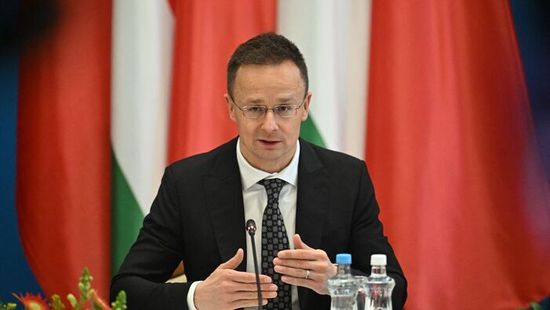
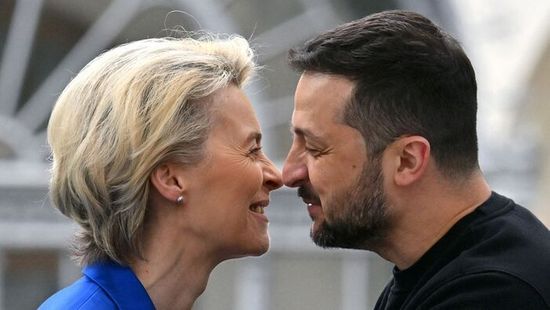


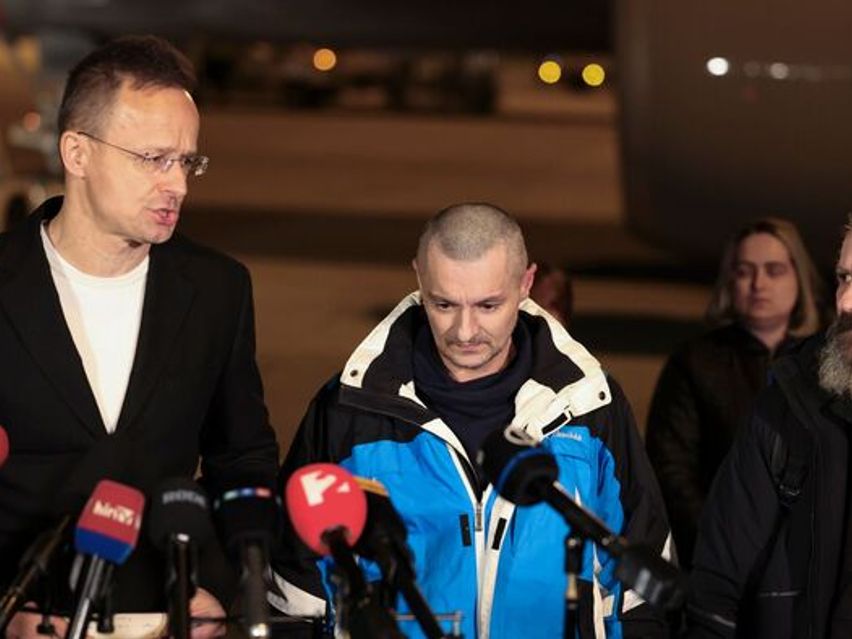
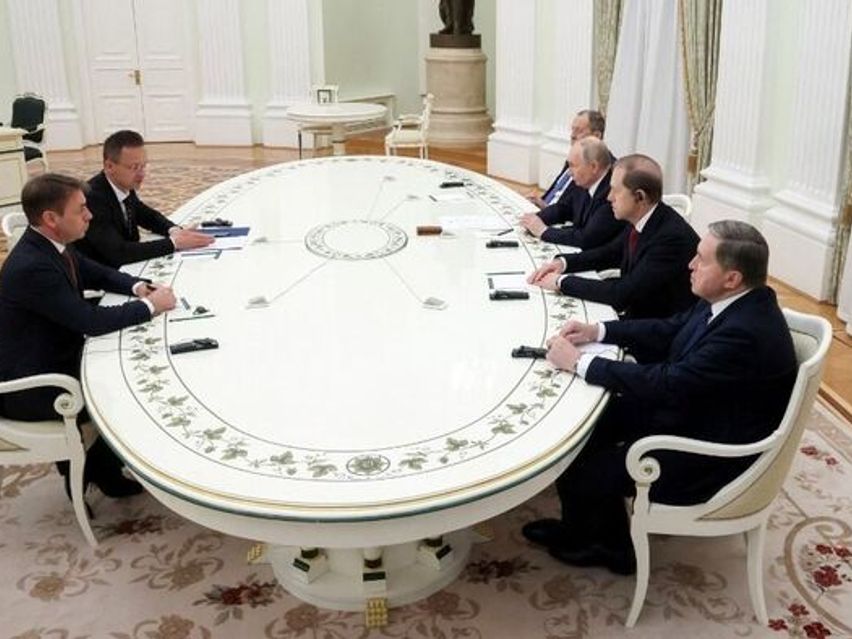







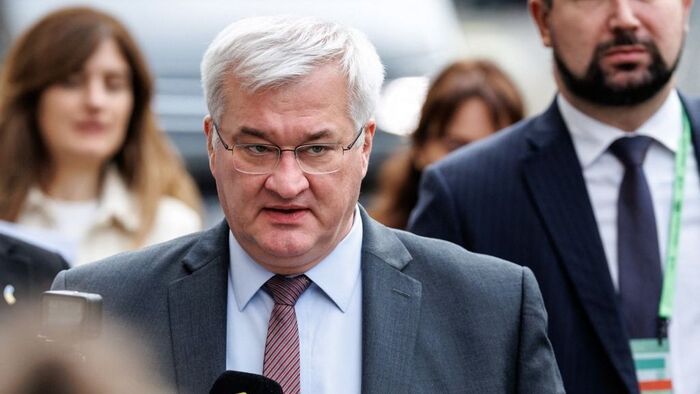
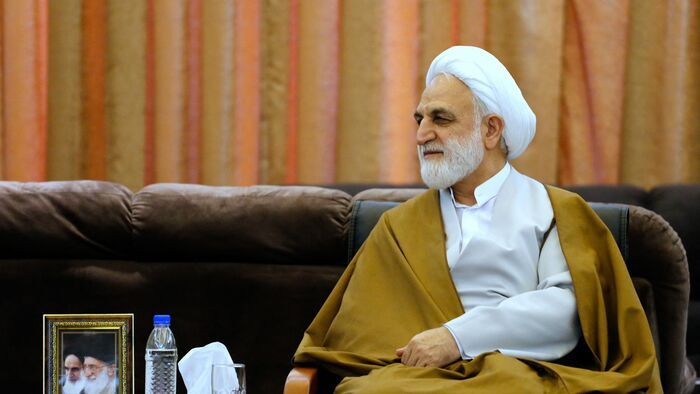
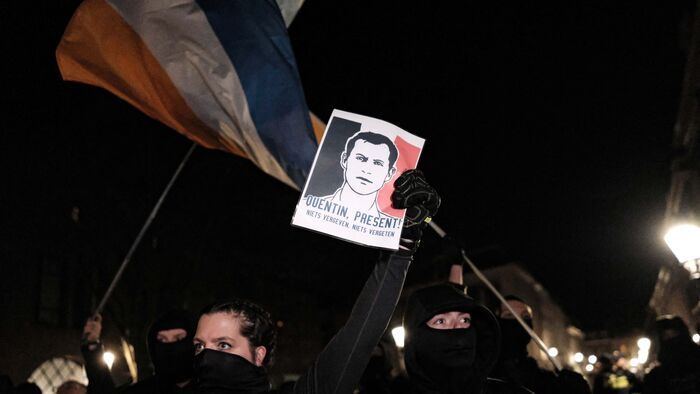

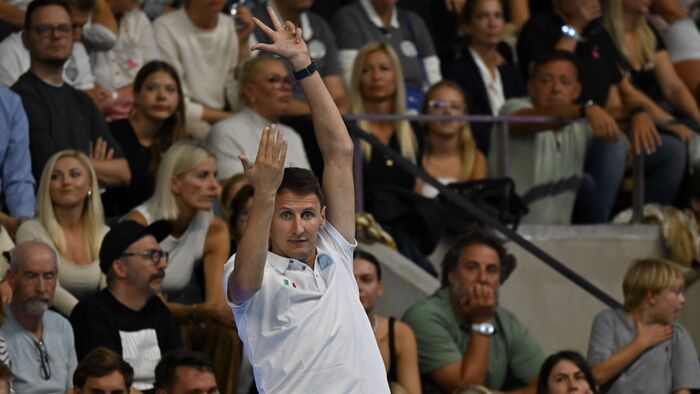
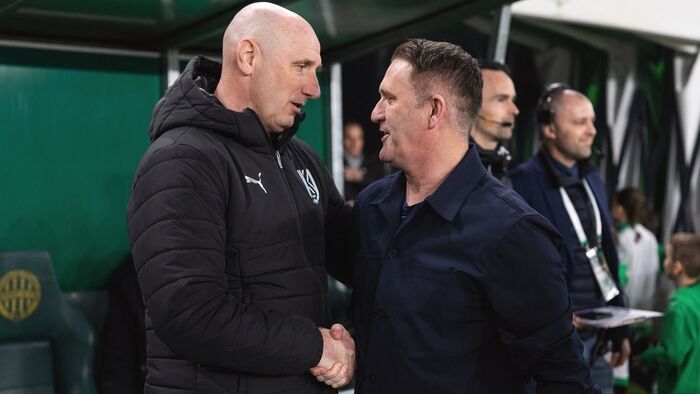


Szóljon hozzá!
Jelenleg csak a hozzászólások egy kis részét látja. Hozzászóláshoz és a további kommentek megtekintéséhez lépjen be, vagy regisztráljon!